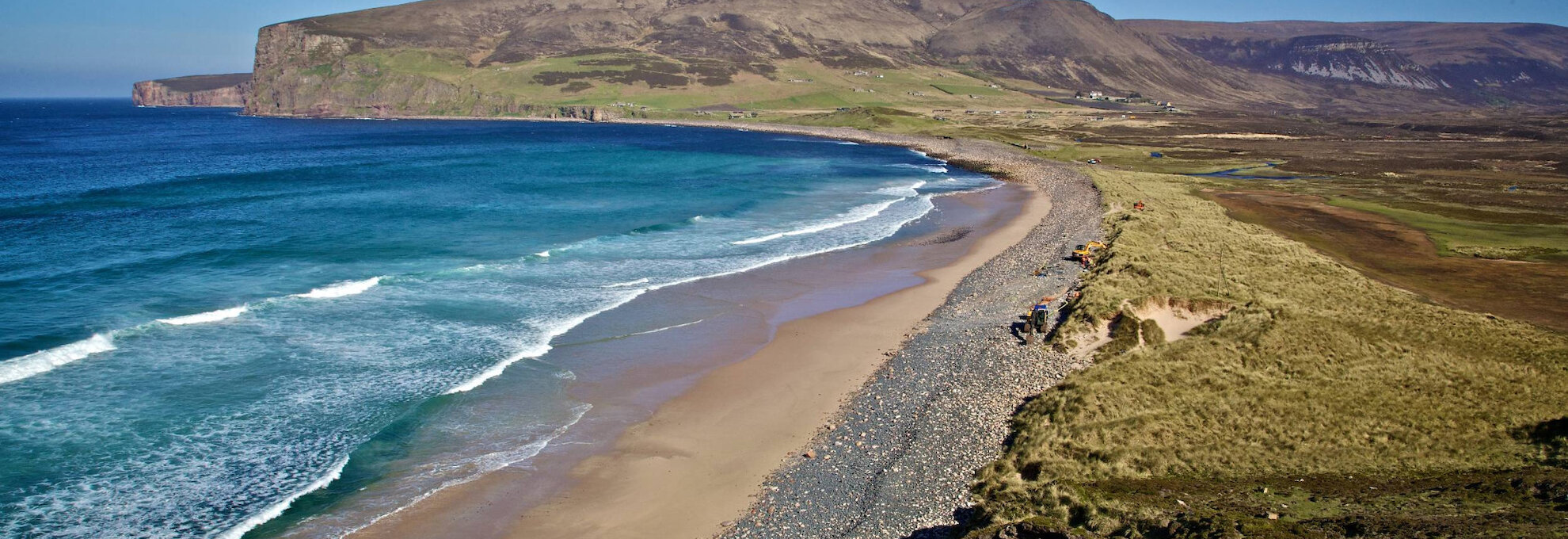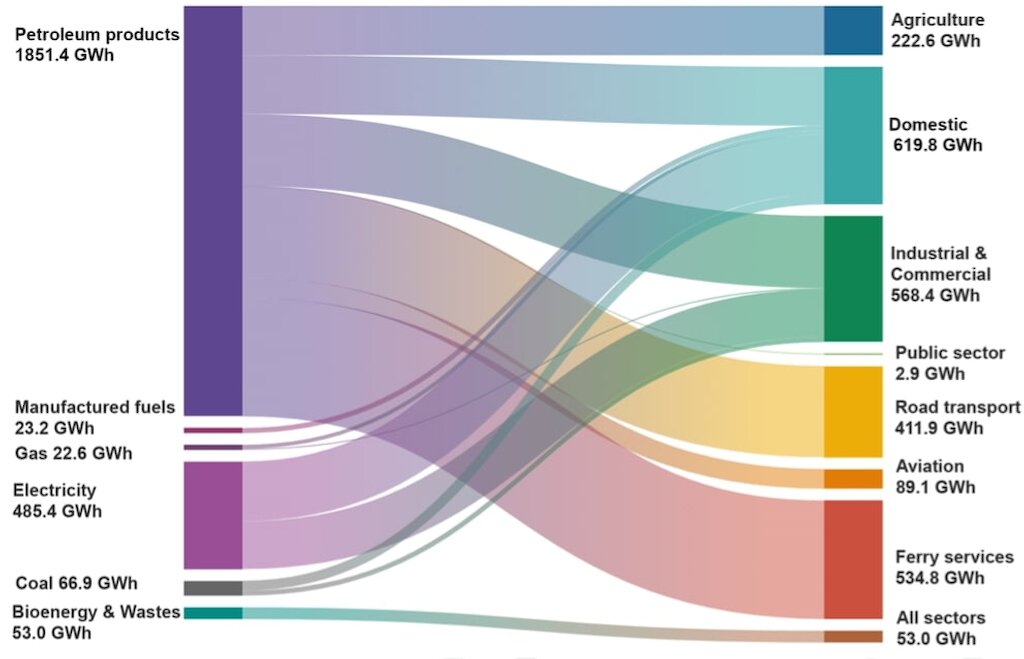This will build upon our natural resources (becoming major renewable hubs), skills and assets and bring the tools we need to deliver a lasting community-driven energy transition. The purpose of ICNZ is to coordinate efforts to deliver against this overarching decarbonisation aim. Each component of the Centre will satisfy the following requirements:
- Acceleration of a just decarbonisation across the three island groups
- Green job creation and transition in the islands
- Generation of new enterprise and revenue streams
- Support Islands Deal projects’ achievement of decarbonisation goals
- Development of internationally recognised islands transition expertise and capabilities, transferable beyond Orkney, Shetland, and Outer Hebrides.

